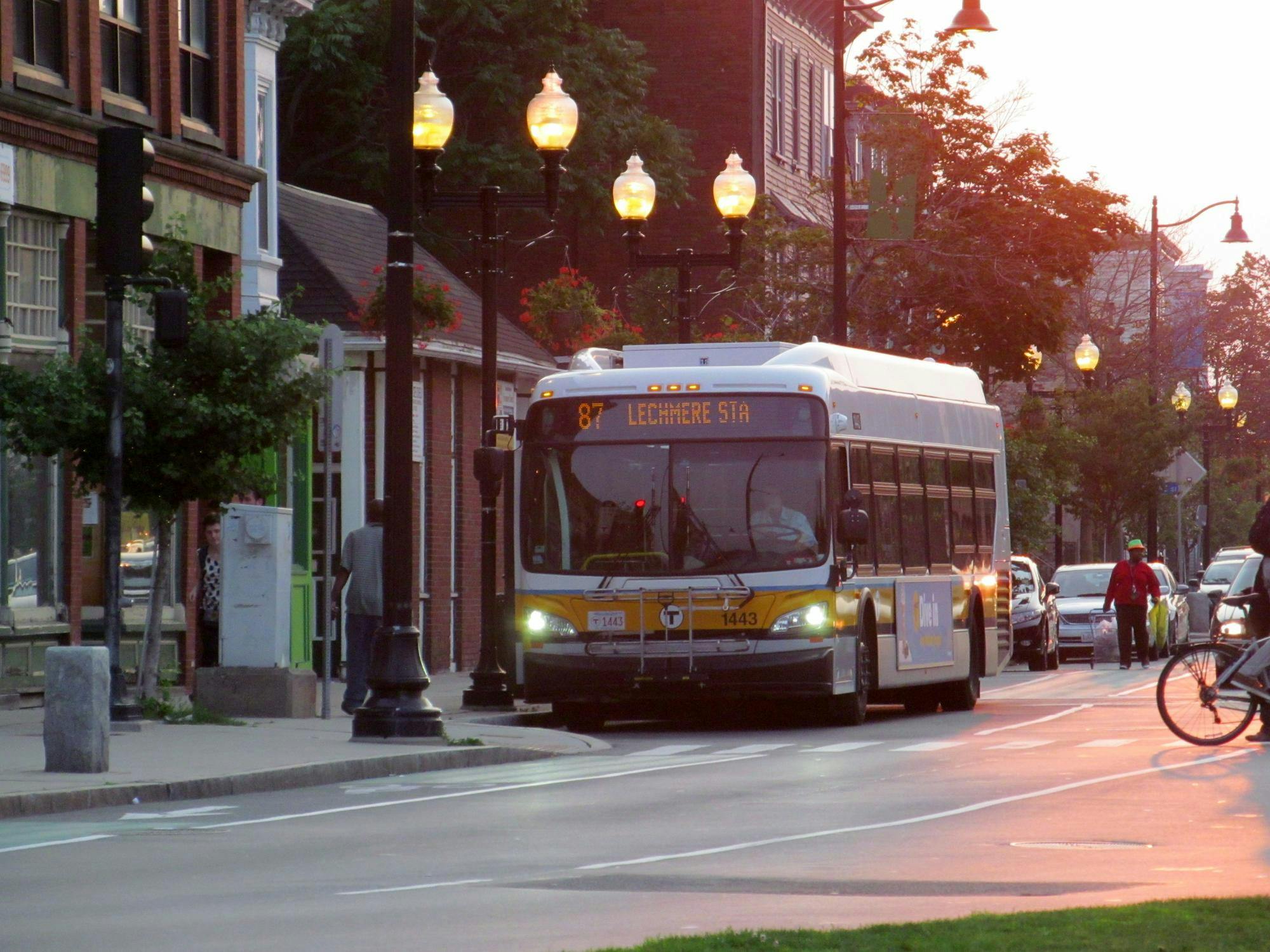After withdrawing its original rezoning proposal, Boston-based developer Rafi Properties has gone back to the drawing board with its plans to redevelop “Somernova,” a commercial facility in Somerville’s Union Square neighborhood.
A 7.4 acre plot mostly owned by Rafi is currently zoned for commercial use with a “fabrication” designation. According to the city’s zoning ordinance, the intent behind fabrication zoning is “to protect buildings that are key assets to the creative economy of Somerville from residential conversion, preserve existing workspace and retain incubator spaces for start-up, entry- and mid-level businesses.”
Rafi’s original plan featured 16 stories of industrial research and development space, a two-story community center and over 1,200 underground parking spaces. Because fabrication developments are limited to four stories, the plan would have required significant rezoning.
Rafi Properties declined the Daily’s request for an interview but directed inquiries to a previous press release.
“The reason for withdrawing is so that we can work with the Union Square Neighborhood Council, City Staff and neighbors to revise the proposed Somernova project in response to comments that have been received. We intend to file revised zoning map and text changes this spring once more dialogue has occurred,” the release stated.
The USNC represents Union Square residents and business owners. The council focuses on negotiating Community Benefits Agreements, legally binding contracts between real estate developers like Rafi and community organizations like USNC.
Rezoning proposals would likely not be approved by the city without significant community compromise and approval, which incentivizes developers to win USNC’s support for their proposal.
In the weeks since Rafi withdrew its original proposal, the USNC has held two summits to hear residents’ thoughts on the redevelopment and organize its priorities for Community Benefits Agreement negotiations. Still, the community remains divided. Sussen Miller, a Somerville resident and volunteer with the Community Action Agency of Somerville, is opposed to the redevelopment due to concerns about displacement and gentrification.
“I’m a single mother, and I have had a job at Cambridge Hospital for 22 years. Every year it’s a struggle to pay rent, because the rent goes up and my income doesn’t,” Miller said. “Somerville used to be called little Brazil, and Brazilians little by little were expelled, kicked out of Somerville because the rent was [no longer manageable]. … Rafi’s plan does not bring immigrants back.”
Michèle Hansen, co-chair of the USNC Community Center Committee, shared her thoughts on the issue and agreed with Miller’s concerns.
“The argument is that people who are going to be working in these buildings will be making a higher salary, and that will allow for higher rent in an area that was generally easier to live in in terms of rents,” Hansen said.
She also explained that many families in Somerville are often forced to forgo basic home upkeep in order to keep up with their property taxes and utility bills.
Mattias Rudolf, a member of USNC, also explained the difficulty for cities to balance offering affordable housing and maintaining a sufficient tax base.
“Cambridge has way more jobs than it has people. The opposite is true for Somerville. Therefore, Cambridge has way more tax dollars that it can actually disperse in its community and provide benefits,” Rudolf said.
While many residents have voiced their support for including housing in the new development plan, Rudolf noted that affordable housing is more complex than it seems due to the fact that Somerville loses money for every residential building in the city.
“There’s not enough affordable housing in the housing stock in Somerville. That’s [an issue] that Rafi could conceivably pitch into by building 100% affordable [housing] either off site or on site,” Rudolf said. “But if they build on site, we get the problem that there’s very little land we have left in Somerville to build commercial on and balance the tax base. … [If] we’re giving away [jobs] for housing, we’re exacerbating the financial problem of the municipality down the road.”
With the CBA negotiations, though, there are hopes that the “Somernova” redevelopment could in the end be a net good. In their original zoning proposal, Rafi estimated the new development would bring with it 5,850 new jobs, 30% of them not requiring a bachelor’s degree.
Although it seems that coming to an agreement will not be easy, ultimately there may still be hope as long as people are willing to work together.
“This is a situation that calls for creative minds, because Somernova isn’t the enemy. This development can do a lot of potential good for the city,” Rudolf said.






